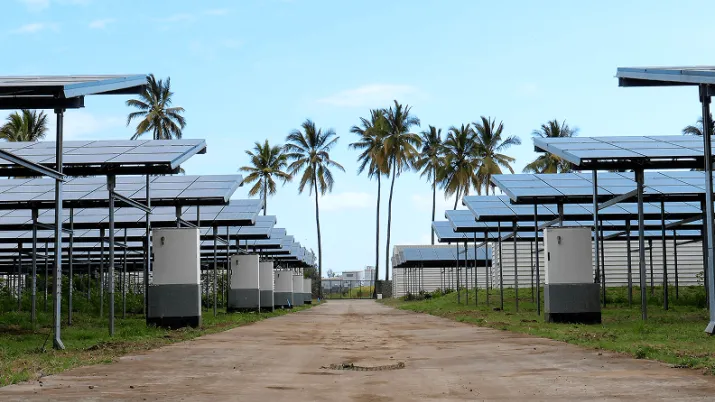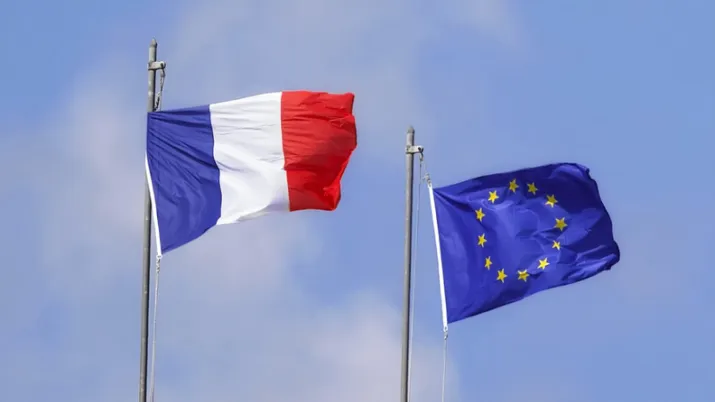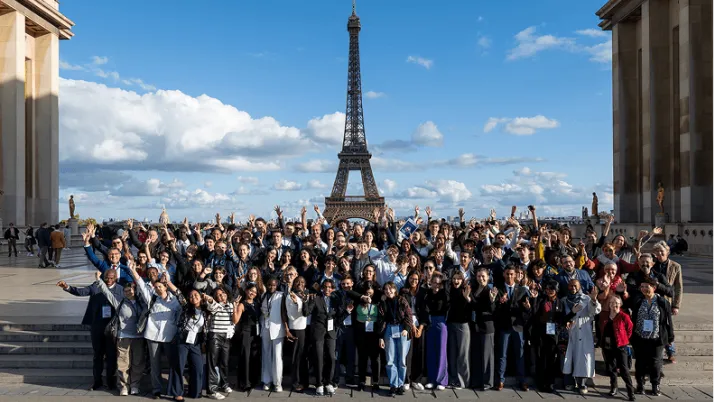Share the page
Our History
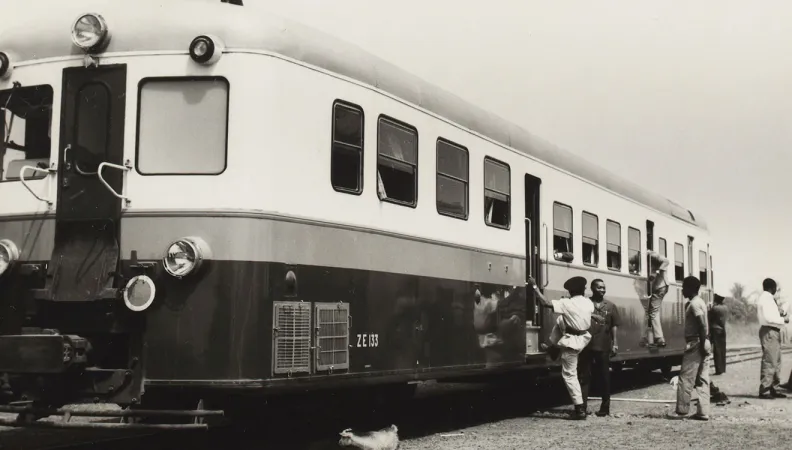
Agence Française de Développement (AFD) was founded in 1941 and is the world’s oldest development bank. Created by General de Gaulle, the leader of the Free French Forces during the Second World War, it was known initially as the Caisse Centrale de la France Libre (CCFL) and funded the resistance movement against Nazi Germany.
Its initial purpose was monetary, but it soon began to devote its energies to financing projects in French Overseas Territories and Africa. Over 80 years later, AFD Group’s mandate has grown and now encompasses more than 4,000 projects in 160 countries.
The 1940s: founding the CCFL
General de Gaulle founded the CCFL while based in London in 1941. His intention was to give the French Resistance a financial institution that would act as a public treasury, central bank, and development bank for French territories joining the cause against the Nazis. The CCFL opened offices in Algiers in 1943, and Paris in September 1944, when it was renamed the Caisse Centrale de la France d’Outre-mer (CCFOM).
An act passed in 1946 laid the foundations for France’s future international development system, combining government grants and loans from the CCFOM. The act meant that the CCFOM could grant loans directly to local authorities and public institutions in French Overseas Territories. In 1947, it opened its first field office in Brazzaville to support economic actors and social development initiatives on the ground.

The 1950s to 1970s: expansion
With the Cold War and decolonization as a backdrop, France sought to maintain a special relationship with its former colonies. In 1958, the CCFOM became the Caisse Centrale de Coopération Économique (CCCE). In the process, its functions became clearer: to provide financing, loans, bond issues, and advisory services. Priority was given to project quality and feasibility.
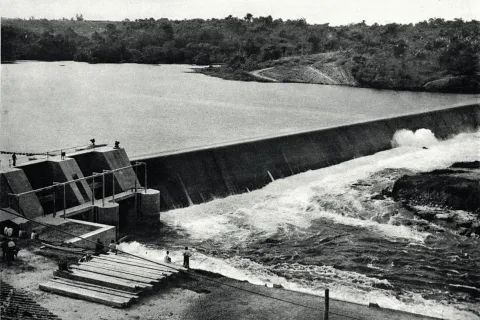 © AFD
© AFD
In 1963, the CCCE turned its in-house training wing into the Centre d’Études Financières, Économiques et Bancaires (CEFEB) to better support its partners. The center was set up to offer training and skills development programs to the recipients of CCCE financing.
In 1975, the French State granted the CCCE permission to provide financing on market terms and expanded its operational scope. This allowed the CCCE to operate in English- and Portuguese-speaking countries in Africa as well as in Haiti.
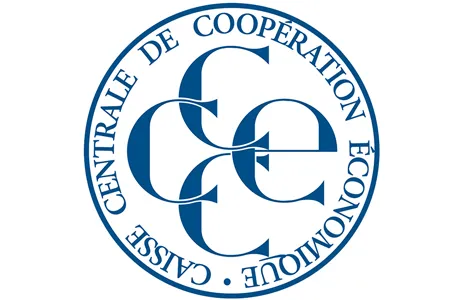
In 1977, Proparco came into being as a CCCE subsidiary dedicated to the private sector. It was set up to support French and local entrepreneurs looking to do business in developing countries, and in Africa in particular.
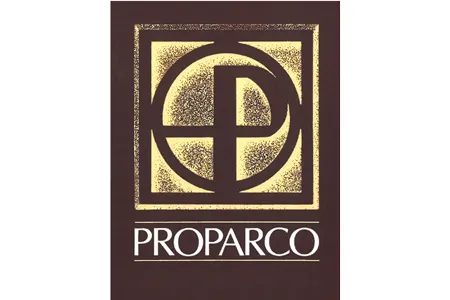
The 1980s to 1990s: the debt crisis and the shift towards sustainable development
Developing countries of the time were particularly struck by the 1980s debt crisis. In 1981, the French government authorized the CCCE to allocate budgetary aid to countries in financial difficulty, allowing them to adopt major economic and financial reforms and restructure sectors weakened by the crisis, such as agricultural industries hard hit by the fall in export revenue.
In an effort to prevent the crisis from worsening, French President François Mitterrand decided at the 1990 Franco-African Summit in La Baule that the CCCE would provide grants to the poorest African countries, while continuing its lending activities elsewhere.
The 1990s saw the emergence of sustainable development, which would become a central theme in the years to follow. At the Earth Summit in Rio de Janeiro in 1992, the United Nations made sustainable development a shared objective of both industrialized and developing countries. From that point on, it became a priority for the CCCE.
On October 30 that year, the CCCE became the Caisse Française de Développement (CFD). It funded the economic and financial development of more than 60 countries – in Africa, the Mediterranean, Asia, and the Pacific Islands – and the French Overseas Territories.
In 1994, the CFD was entrusted with managing the French Facility for Global Environment (FFEM). Created by the French government after the Rio Summit, the FFEM supports sustainable development projects in developing countries.
In 1998, the CFD was renamed Agence Française de Développement (AFD). France reformed its international development policy and made AFD the main French development aid body, answerable to both the Ministry of Foreign Affairs and the Ministry of Economy and Finance.
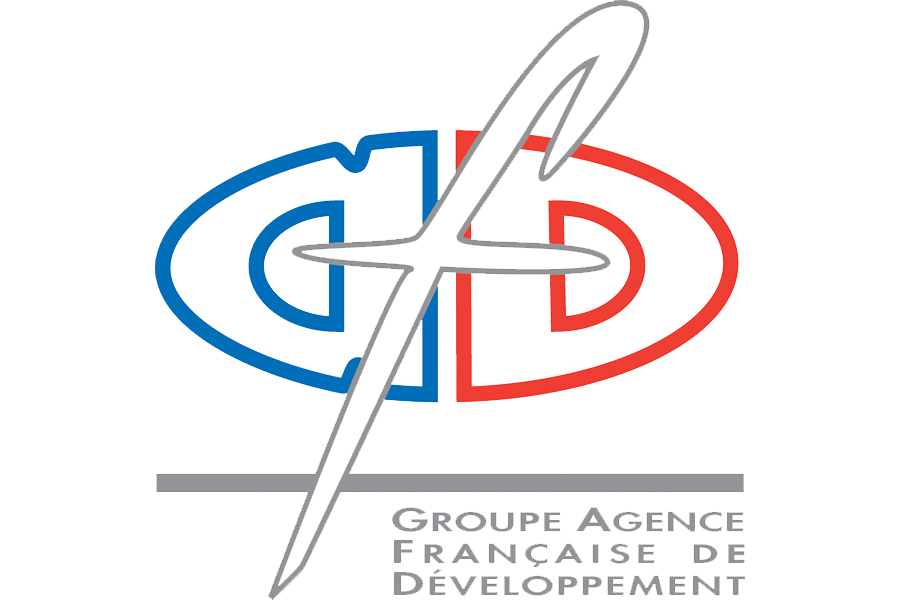
The 2000s: opening up to emerging nations
The 2000s began with the United Nations adopting the eight Millennium Development Goals (MDGs). The goals cover major humanitarian challenges such as reducing poverty, improving access to healthcare and education, and promoting gender equality.
In 2001, two years after the G8’s decision to cancel part of the debt owed by developing countries, France launched the Contrat de Désendettement et de Développement (C2D, Debt Reduction-Development Contract). While recipient countries continued to honor their obligations, the amounts they repaid were returned to them by AFD in the form of grants to fund poverty reduction programs.
In December 2003, AFD’s operational scope was broadened to include emerging countries. This allowed it to operate in China and Türkiye, and later, from 2007, in Brazil, India, Indonesia and Pakistan. In 2009, AFD also began working in Latin America.
That same year, the French government entrusted AFD with overseeing the funding of initiatives by French and international civil society organizations (CSOs), a function previously carried out by the Ministry of Foreign Affairs.
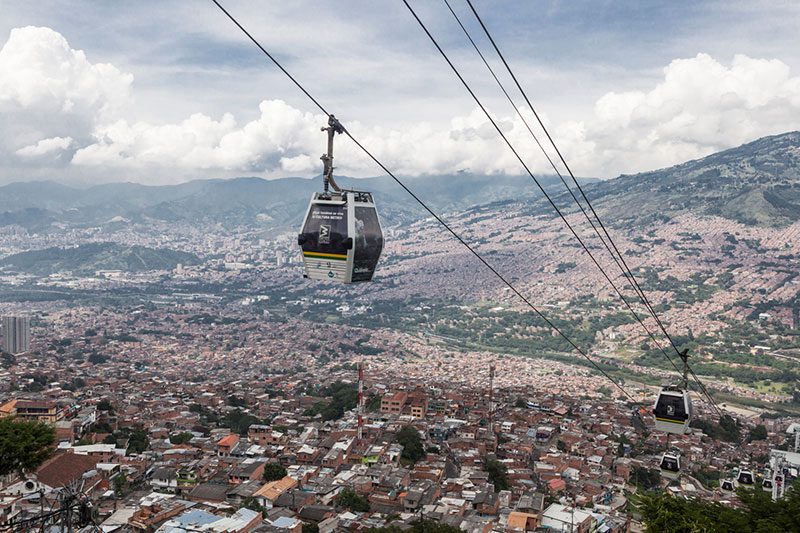
2015-2016: facing up to the climate emergency
In September 2015, following the Third International Conference on Financing for Development in Addis Ababa, the United Nations General Assembly adopted the 17 Sustainable Development Goals (SDGs). UN member states set specific targets for ending poverty, protecting the planet, and supporting good governance and prosperity by 2030. The goals serve as a benchmark for AFD and all other development actors.
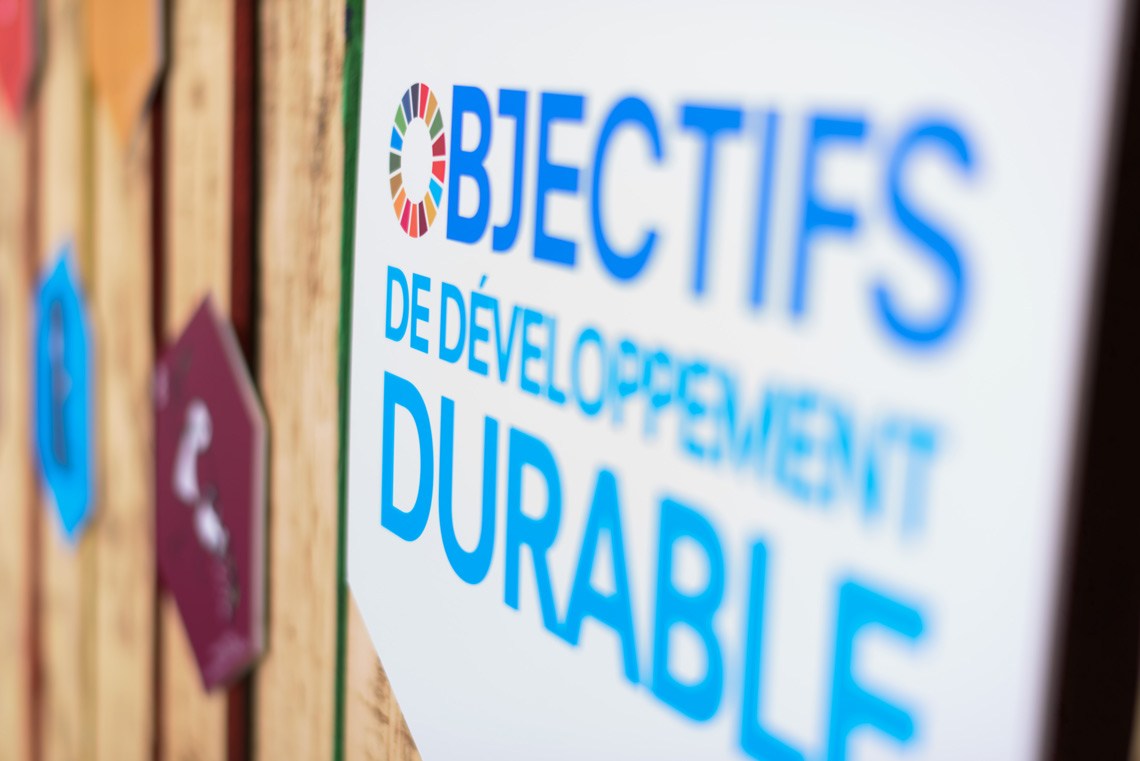
In December of the same year, the Paris Agreement on climate was signed. Implementing this was a priority for AFD, the first development bank that sought to fully comply with the agreement. Since 2016, it has been committed to ensuring that all its financing supports low-carbon and resilient development.
Also in 2016, AFD took on a new initiative to raise awareness about international development and solidarity issues.
2017-2019: record commitments and new ambitions
That same year, its strategic alliance with the Caisse des Dépôts et Consignations (CDC) provided France with a powerful and coherent sustainable development financing mechanism that operated both domestically and globally. In December 2017, AFD took on the presidency of the International Development Finance Club (IDFC). Under AFD’s leadership, the club’s 23 members committed, along with other donors, to align their financing arrangements with the Paris Agreement.
In 2018, the government decided to increase the resources allocated to its international development and solidarity partnership policy by an unprecedented amount. As a result, a new target of official development assistance as a percentage of gross national income was set: 0.55% by 2022.
The 2020s: enhanced partnership-based mobilization
In 2020, AFD organized the first Finance in Common Summit, which brought 450 development banks together in view of founding a new coalition. The aim was to align their financing arrangements with the Paris Agreement, support biodiversity, and step up the fight against inequality.
In 2022, AFD made its financing available to CSOs in developing countries. It was a measure designed to support local citizen initiatives and the creation of tailored solutions to better reach the SDGs.
In 2023, at the seventh Paris Peace Forum, AFD joined forces with UNESCO and the OECD to create the Paris Dialogue. The platform brings together institutional, scientific, and financial stakeholders to develop ideas for action that support science, global public goods, and sustainable development.
In 2024, in the lead-up to the Paris Olympic Games, AFD took part in the inaugural Sport for Sustainable Development Summit, organized by French President Emmanuel Macron. Some 500 heads of State and government, leaders of international organizations, members of the Olympic Movement, and athletes attended with the aim of accelerating sport’s contribution to achieving the SDGs.

